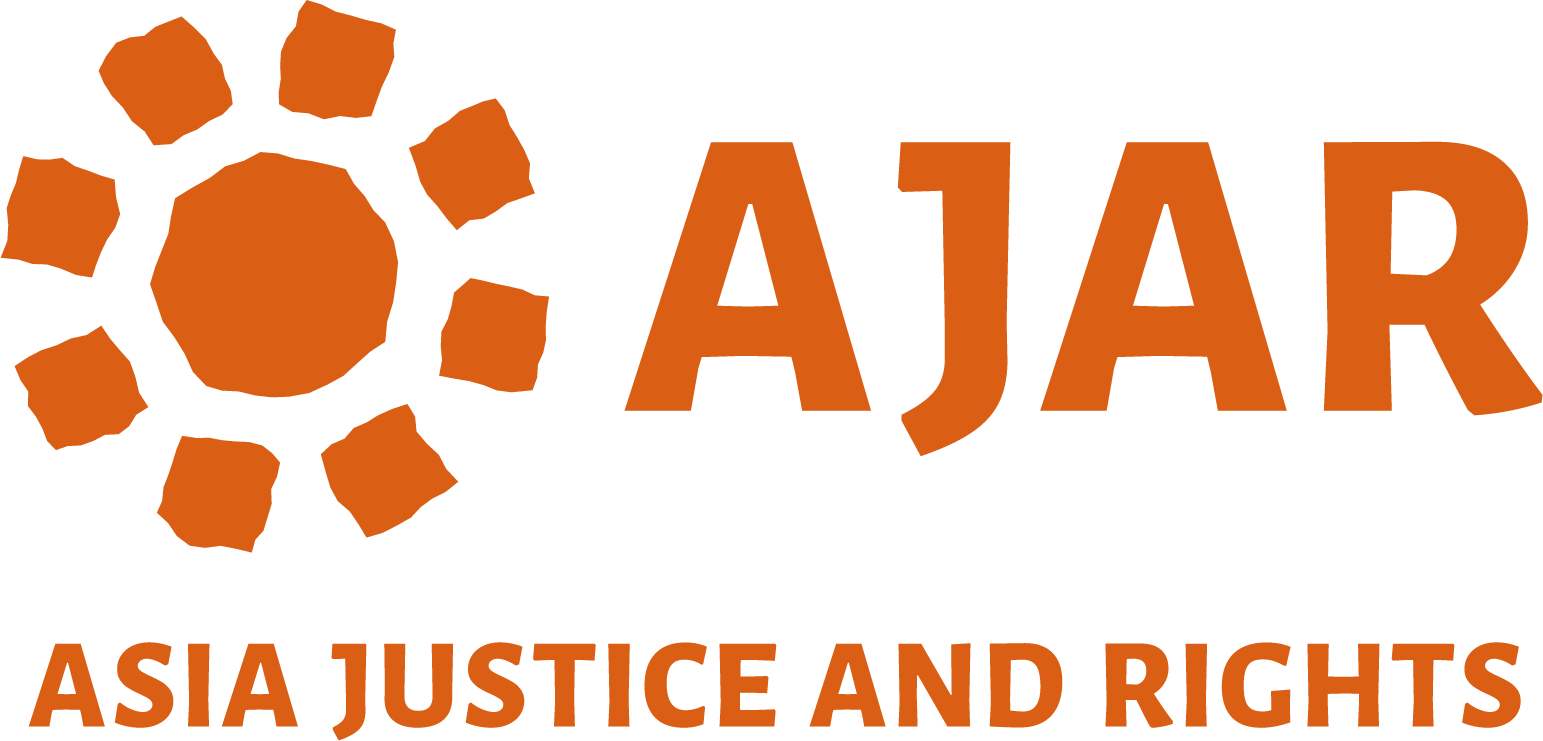The word “archives” refers to collections of documents pertaining to violations of human rights and humanitarian law from sources including:
- National governmental agencies, particularly those that played significant roles in relation to human rights violations;
- Local agencies, such as police stations, that were involved in human rights violations;
- State agencies, including the office of the prosecutor and the judiciary, that are involved in the protection of human rights; and
- Materials collected by truth commissions and other investigative bodies.
Principles 5: Guarantees to Give Effect to the Right to Know
States must take appropriate action, including measures necessary to ensure the independent and effective operation of the judiciary, to give effect to the right to know. Appropriate measures to ensure this right may include non-judicial processes that complement the role of the judiciary. Societies that have experienced heinous crimes perpetrated on a massive or systematic basis may benefit in particular from the creation of a truth commission or other commission of inquiry to establish the facts surrounding those violations so that the truth may be ascertained and to prevent the disappearance of evidence. Regardless of whether a State establishes such a body, it must ensure the preservation of, and access to, archives concerning violations of human rights and humanitarian law.
Principle 14: Measures for the Preservation of Archives
The right to know implies that archives must be preserved. Technical measures and penalties should be applied to prevent any removal, destruction, concealment or falsification of archives, especially for the purpose of ensuring the impunity of perpetrators of violations of human rights and/or humanitarian law.
Principle 15: Measure for Facilitating Access to Archives
Access to archives shall be facilitated in order to enable victims and their relatives to claim their rights. Access shall be facilitated, as necessary, for persons implicated, who request it for their defence.
Access to archives should also be facilitated in the interest of historical research, subject to reasonable restrictions aimed at safeguarding the privacy and security of victims and other individuals. Formal requirements governing access may not be used for purposes of censorship.
Principle 16: Cooperation between Archive Departments and the Courts and Non-Judicial Commissions of Inquiry
Courts and non-judicial commissions of inquiry, as well as investigators reporting to them, must have access to relevant archives. This principle must be implemented in a manner that respects applicable privacy concerns, including in particular assurances of confidentiality provided to victims and other witnesses as a precondition of their testimony. Access may not be denied on grounds of national security unless, in exceptional circumstances, the restriction has been prescribed by law; the Government has demonstrated that the restriction is necessary in a democratic society to protect a legitimate national security interest; and the denial is subject to independent judicial review.
Principle 17: Specific Measures Relating to Archives Containing Names
(a) For the purposes of this principle, archives containing names shall be understood to be those archives containing information that makes it possible, directly or indirectly, to identify the individuals to whom they relate;
(b) All persons shall be entitled to know whether their name appears in State archives and, if it does, by virtue of their right of access, to challenge the validity of the information concerning them by exercising a right of reply. The challenged document should include a cross-reference to the document challenging its validity and both must be made available together whenever the former is requested. Access to the files of commissions of inquiry must be balanced against the legitimate expectations of confidentiality of victims and other witnesses testifying on their behalf in accordance with principles 8 (f) and 10 (d).
